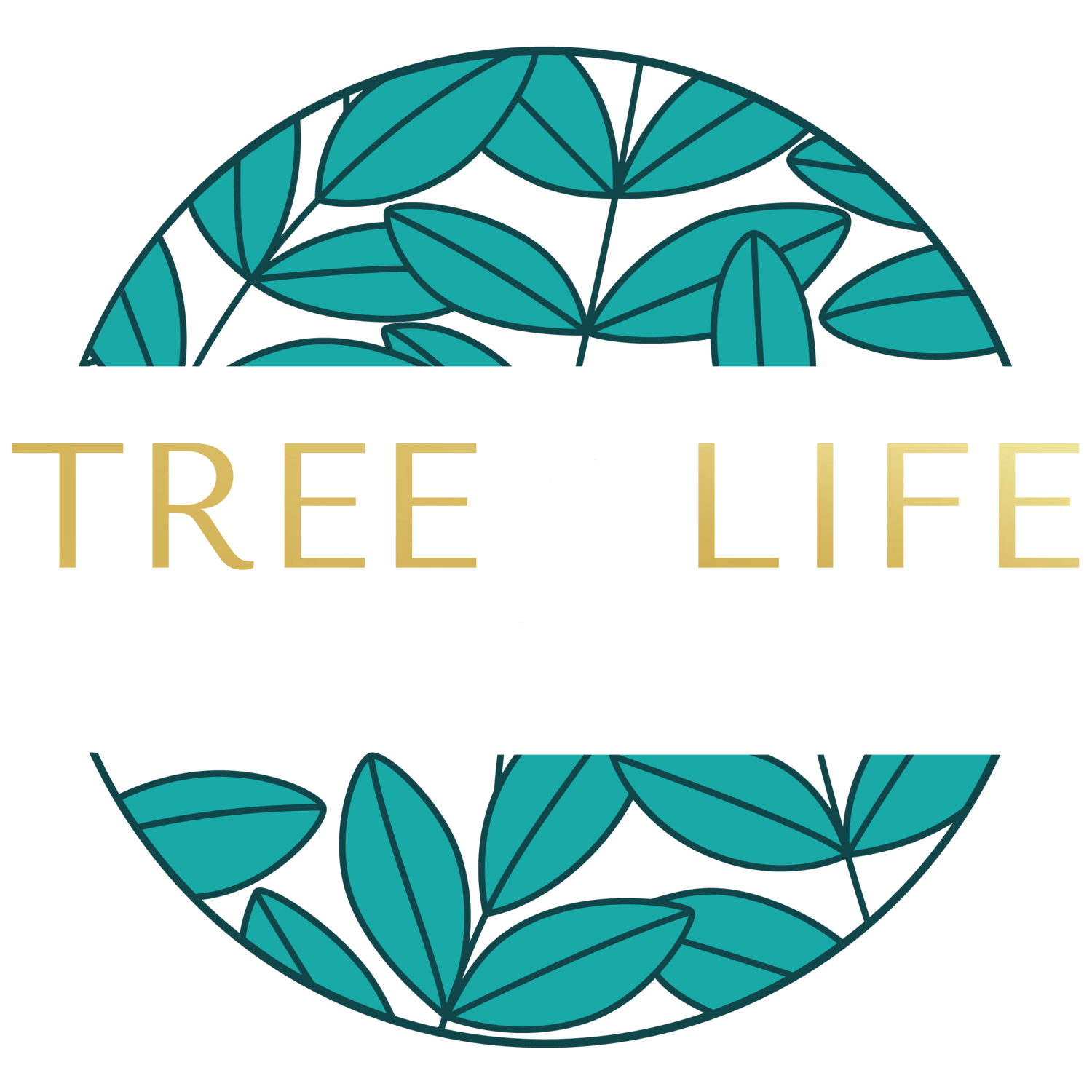Refusing to Break: Empathy, Boundaries, and the Fight for Liberation
Why I No Longer Offer Empathy Without Boundaries
This truth has been with me for years—shaped by lived experience, reflection, a deep connection to culture, and a commitment to growth.
I spent many years freely pouring out empathy and compassion. In part, that was cultural—rooted in teachings and systems that told me all people deserve my care. But now, after years of reflection and unlearning, I’ve come to this:
I no longer share my light with those who choose to actively engage in harm. I no longer offer my spirit to those who contribute to the spiritual and emotional pain of others, or worse—who benefit from it.
Part of my resistance is this: learning to be intentional with my energy. Empathy is not an endless resource. It’s not something I owe to those who willingly and knowingly oppress our communities—and want to see us dead.
Empathy fatigue is real, and I can no longer afford to be drained in ways that serve no one.
Empathy Fatigue, Especially for Us
Empathy fatigue is often misunderstood as being tired of caring. But for BIPOC, queer, and Indigenous people doing community care, healing work, and justice work, it runs much deeper.
It’s what happens when we hold grief for our people while simultaneously being asked to comfort those complicit in our oppression.
It’s managing our own trauma responses while others expect us to "stay professional," "speak calmly," or "educate kindly."
It’s the crushing pressure to show up for every protest, vigil, or healing circle—even when we’re running on empty.
This kind of fatigue doesn’t just wear you down. It steals your spirit. And we’re not here to be martyrs.
As Tricia Hersey reminds us in Rest Is Resistance, rest is not a luxury—it is an act of refusal. As Leah Lakshmi Piepzna-Samarasinha writes in Care Work, we must build models of care that are sustainable, interdependent, and rooted in disability and trauma-informed wisdom.
When I say I’m conserving my energy, it’s not out of avoidance. It’s resistance. It’s strategy. It’s survival. I refuse to stretch my compassion so far that I break. I won’t pour my care into those who use their power to try to break us.
That doesn’t make me heartless—it means I’m choosing strategic care. Sustainable care.
In practice, that means focusing on where I can be effective, how I can show up, and learning to pace myself. I ask for help. I trust my team. I allow others to carry the torch when I’m weary. And I remember that no matter what comes—I will be ready.
I reserve my empathy for those in the fight—for those surviving, resisting, healing, and building. That’s where my energy belongs. Not in appeasing oppressors. Not in centering their redemption arcs.
I'm Saving My Energy for the Rebellion
This rebellion is not about destruction. It’s about refusal. It’s about liberation. It’s about remembering who we are, and who we fight for.
Rebellion looks like:
Saying no to emotional labor that depletes you.
Honoring your rage as sacred.
Showing up for your community with boundaries.
Choosing joy, softness, and care—even when the world tells you they are undeserved.
Rebellion is deeply personal—and profoundly collective.
It is the act of turning toward one another and refusing to forget.
It’s a commitment to joy that isn’t performative. It’s choosing softness where it is safe.
And it’s honoring that every act of care we offer each other is a blow against systems that want us numb.
“The ability to resist assimilation and maintain our cultural identity is our greatest weapon against the forces of domination.”
— Vine Deloria Jr.
Works Cited & Inspirations
Hersey, Tricia. Rest Is Resistance: A Manifesto. Little, Brown Spark, 2022.
Piepzna-Samarasinha, Leah Lakshmi. Care Work: Dreaming Disability Justice. Arsenal Pulp Press, 2018.
Lorde, Audre. Sister Outsider: Essays and Speeches. Crossing Press, 1984.
Simpson, Leanne Betasamosake. As We Have Always Done: Indigenous Freedom Through Radical Resistance. University of Minnesota Press, 2017.
Deloria Jr., Vine. God Is Red: A Native View of Religion. Fulcrum Publishing, 2003.

